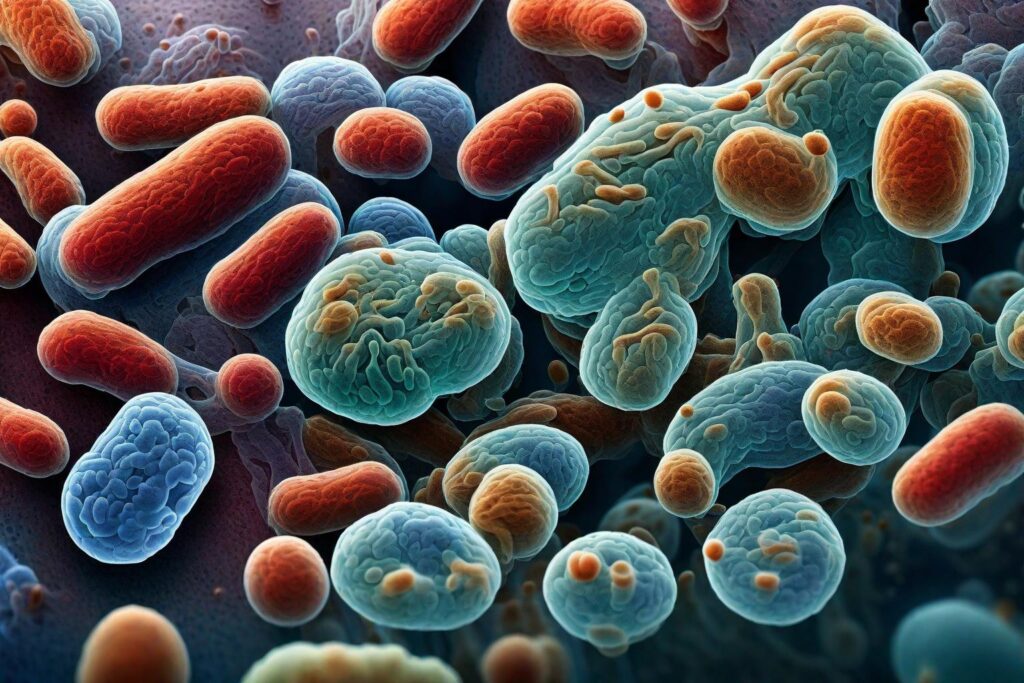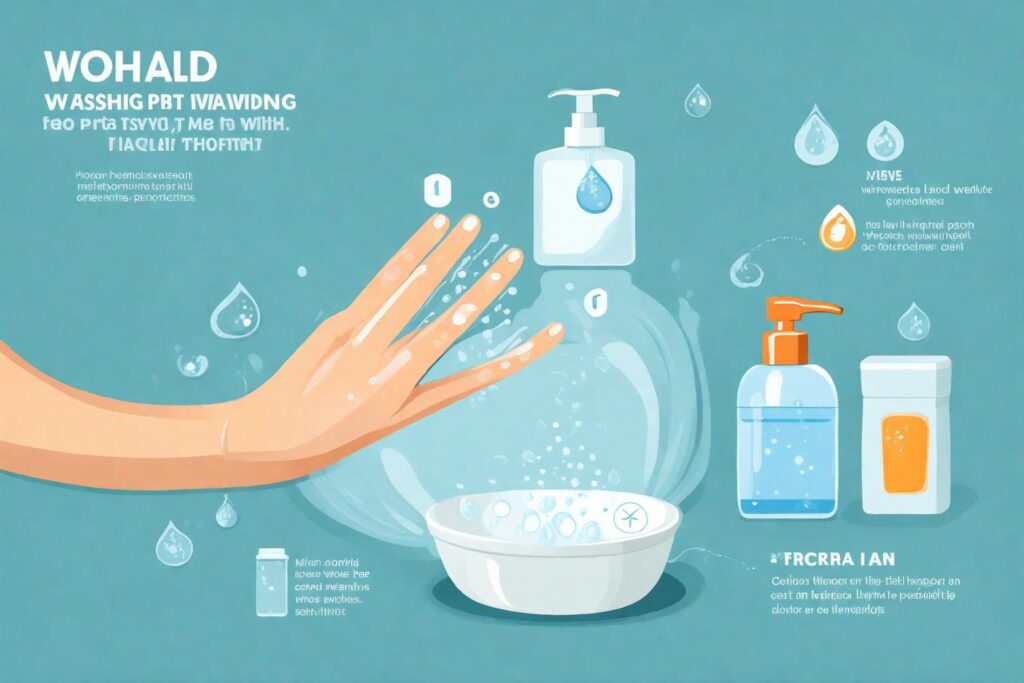Introduction

Methicillin-resistant Staphylococcus aureus (MRSA) is a type of bacteria that poses significant health risks due to its resistance to commonly used antibiotics. The question that often arises in public health discussions is, “What is the great way to prevent the spread of MRSA?” This article explores effective strategies and great practices for reducing the transmission of this resilient bacterium, ensuring public health and safety.
You must read this Agya chakra relates to which of the following koshas: A Comprehensive Guide(2024)
Table of Contents
Understanding MRSA

MRSA is a strain of Staphylococcus aureus bacteria that has developed resistance to various antibiotics, including methicillin, making it a challenging pathogen to treat. It’s known for causing infections in different parts of the body and is particularly concerning in hospitals, nursing homes, and among individuals with weakened immune systems.
What is the great way to prevent the spread of mrsa?

- Maintain Good Hygiene: Regular hand washing is paramount. Use soap and water or an alcohol-based hand sanitizer, especially after being in public spaces or touching surfaces in communal areas.
- Clean and Disinfect Surfaces: Regular cleaning of frequently touched surfaces with appropriate disinfectants can reduce the likelihood of MRSA transmission. This is particularly important in healthcare settings, gyms, and shared accommodation.
- Proper Wound Care: Keep cuts, scrapes, and wounds clean and covered with a sterile bandage until healed. This not only protects the wound from infection but also prevents the spread of bacteria.
- Avoid Sharing Personal Items: Personal items like towels, razors, and sports equipment can be breeding grounds for MRSA. Avoid sharing these items to prevent cross-contamination.
- Practice Responsible Antibiotic Use: Misuse and overuse of antibiotics have contributed to the rise of antibiotic-resistant bacteria like MRSA. It’s crucial to use antibiotics only when prescribed by a healthcare provider and to complete the full course of treatment.
- Awareness and Education: Educating yourself and others about MRSA, its transmission, and prevention is key. Awareness campaigns in schools, workplaces, and community centers can significantly prevent its spread.
- Screening and Isolation in Healthcare Settings: Hospitals and healthcare facilities often screen patients for MRSA. Those who are infected or colonized may be isolated to prevent the spread to other patients.
- Stay Healthy: A healthy immune system can fight infections more effectively. Maintain a balanced diet, exercise regularly, and get sufficient sleep to keep your immune system robust.
Conclusion
Preventing the spread of MRSA requires a combination of personal hygiene, responsible antibiotic use, and public awareness. By incorporating these practices into our daily routines, we can significantly reduce the risk of MRSA transmission and protect public health. Remember, combating antibiotic-resistant bacteria like MRSA is a collective responsibility that starts with individual action.
FAQs
Can MRSA infections be treated?
Yes, despite its resistance to some antibiotics, certain medications can still effectively treat MRSA infections. A healthcare professional should guide treatment.
Is MRSA only found in hospitals?
While MRSA is commonly associated with healthcare settings, it can also be found in the community, known as community-associated MRSA (CA-MRSA).
How can I tell if I have an MRSA infection?
MRSA infections can start as small red bumps that can quickly turn into deep, painful abscesses. Consult a healthcare provider if you suspect an MRSA infection.
Can MRSA spread through the air?
MRSA is primarily spread through direct contact with an infected wound or by sharing personal items that have touched infected skin.
Can MRSA spread through the air?
MRSA is primarily spread through direct contact with an infected wound or by sharing personal items that have touched infected skin.
Remember, awareness and proactive measures are your great defense against MRSA. Stay informed, stay vigilant, and help stop the spread of this challenging bacterium.

